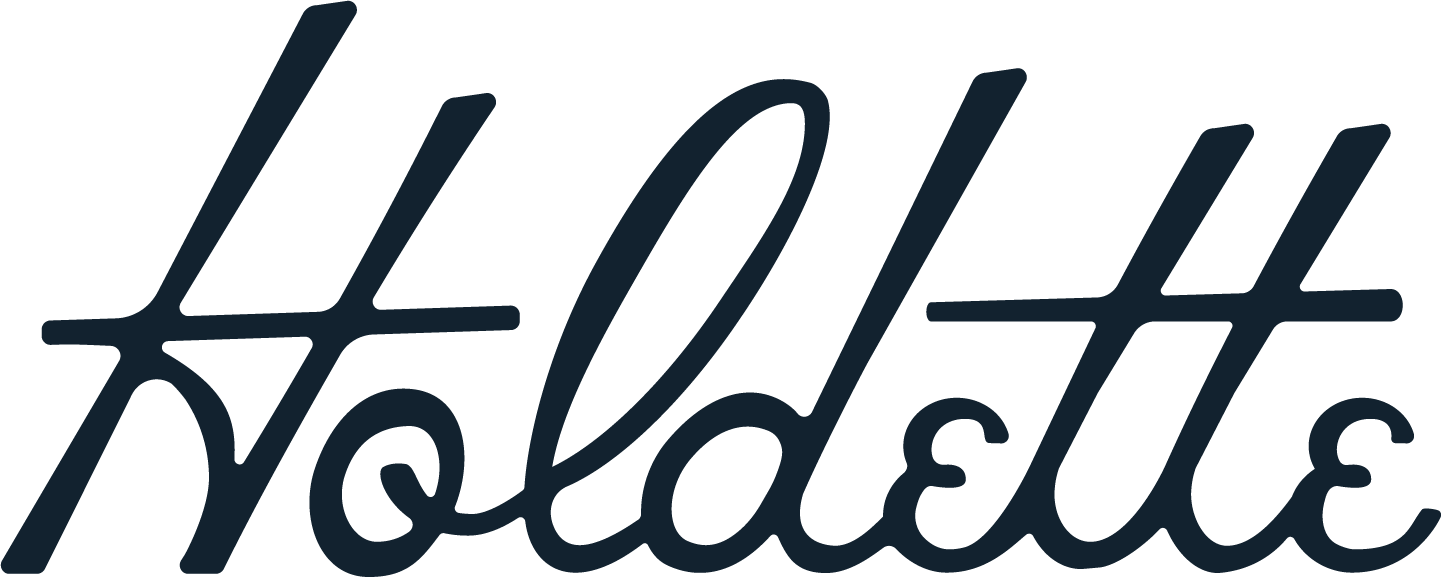7 WAYS TO OVERCOME FEELING STAGNANT DURING YOUR FIRST REMOTE JOB
Most 2020 new grads were dealt a wildly unexpected hand after (a probably cancelled) graduation - learning new jobs remotely, possibly living with parents again, sudden separation from college friends, etc. Pressure was suddenly put on all aspects of life, both professional and personal. Over one year into the pandemic and most new grads are still typing away on company-issued laptops in their bedrooms. It’s easy to see how stagnation can set in during these long, fluorescent hours of doing either repetitive work or simply missing that face-to-face interaction in the office. Solitude and Zoom happy hours become lackluster after a few months, let alone a whole year.
Sign up to read this post
Join Now
